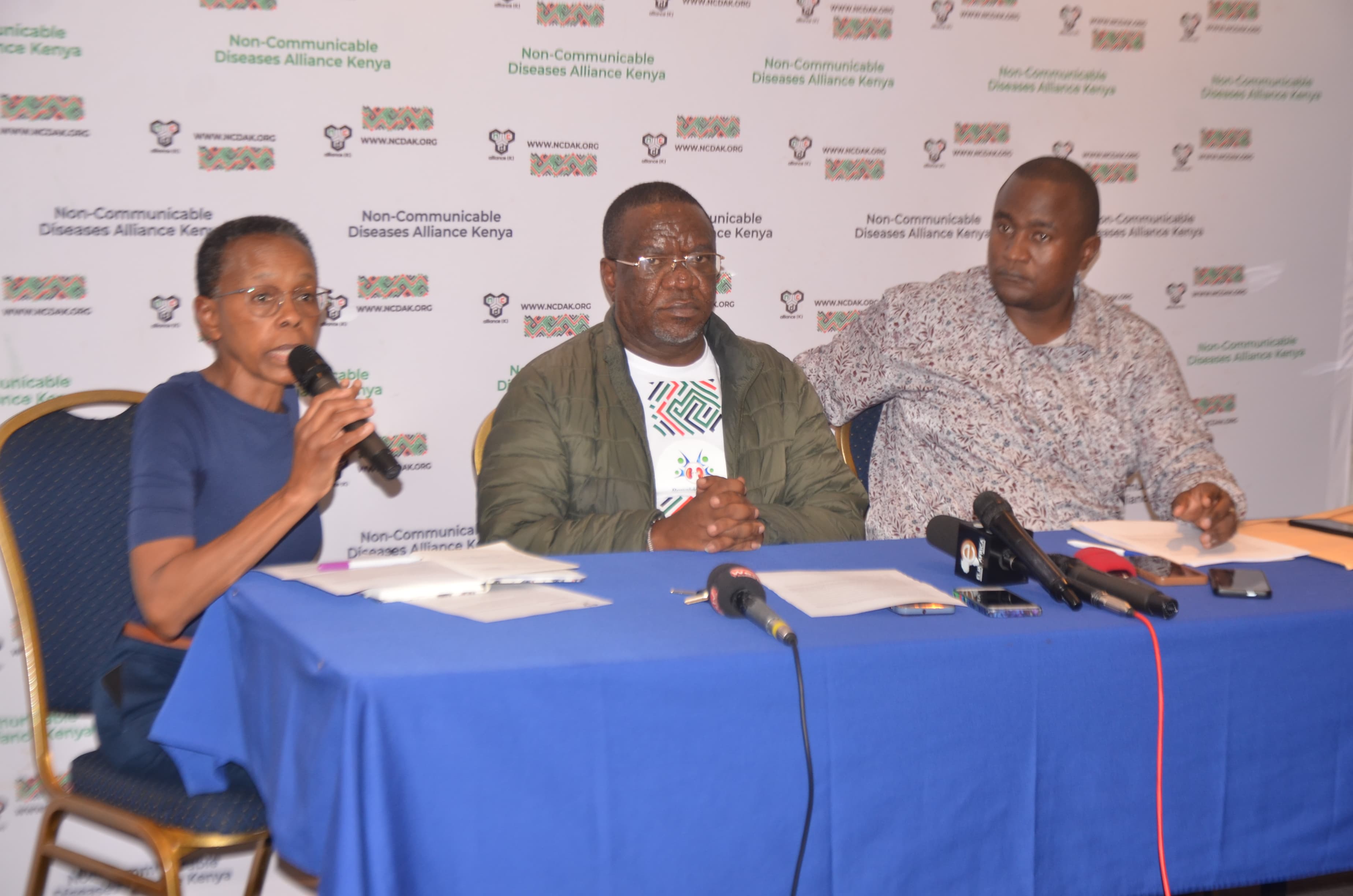Survey Exposes Major Hurdles in Kenya’s Social Health Authority Rollout

By Njeri Irungu
A recent survey conducted by the Caucus of Patient-Led Organizations of Non-Communicable Diseases (NCDs) has unveiled critical obstacles faced by patients in accessing essential health services under the new Social Health Authority (SHA) and Social Health Insurance Fund (SHIF) across select counties in Kenya. Conducted on October 24-25, 2024, the survey covered public, private, and mission hospitals in Nairobi, Kiambu, Meru, and Bomet counties, and highlights significant inefficiencies impacting timely and affordable care for patients with NCDs.
The survey identified key issues including Access Delays and Systemic Inefficiencies. Public hospitals, such as Kenyatta National Hospital and Kenyatta University Referral Hospital, reported long wait times and frequent delays, leaving patients waiting hours for crucial services like diagnostic imaging and specialized care. Widespread technical failures also added to patient distress.
Limited SHA Coverage in Private Facilities was another significant finding. Private hospitals, including Nairobi Hospital and Ruai Family Hospital, were found to restrict SHIF coverage primarily to specific groups, such as civil servants. This limited coverage has forced many NCD patients, especially those with cancer or needing transplants, to cover costs out-of-pocket for services previously covered under the National Hospital Insurance Fund (NHIF).
The survey also exposed Inconsistent Access to Specialized Care Mission hospitals, such as Tenwek Hospital, reported limited SHIF coverage, hindering access to specialized treatments for patients in rural areas. Meanwhile, public facilities like Mama Lucy Kibaki and Mbagathi hospitals lacked capacity to perform advanced procedures, restricting life-saving treatments for SHA patients.
Additional challenges included Outpatient and Drug Refill Expenses.
Patients are now paying out-of-pocket for primary healthcare and drug refill services, increasing financial strain.

Unresolved NHIF Debts and SHA Benefit Confusion moreover contribute to the problem, with providers wary of delays in SHA reimbursements due to unpaid NHIF bills. Furthermore, SHA’s suspension of Overseas Treatment Coverage leaves patients without options for specialized care unavailable in Kenya.
The survey’s findings indicate that the SHA rollout has fallen short in addressing the healthcare needs of NCD patients, prompting calls for urgent improvements. The Caucus of Patient-Led Organizations of NCDs urged the Ministry of Health and SHA to act immediately.
“The findings reveal critical gaps in SHA’s capacity to serve Kenyan patients, especially those with chronic conditions like cancer, diabetes, and cardiovascular diseases,” the Caucus stated. “The SHA rollout must prioritize transparency, access to specialized care, and patient inclusion to fulfill the promise of universal health coverage. We call on the Ministry of Health and SHA leaders to listen to patient voices and implement corrective measures.”
The Caucus reaffirmed its commitment to advocating for equitable healthcare for all Kenyans, stressing that, through collaboration and informed action, the country can achieve a healthcare system that provides timely, quality care for every patient.





